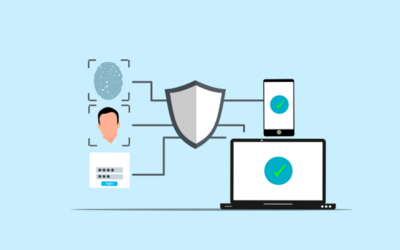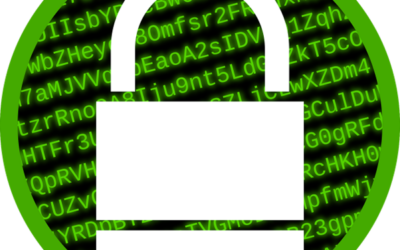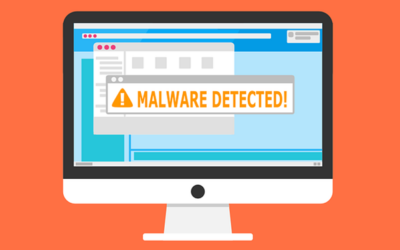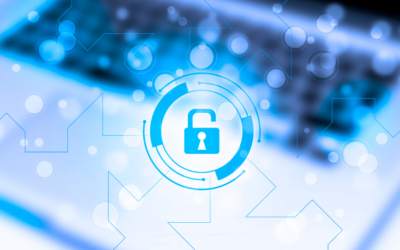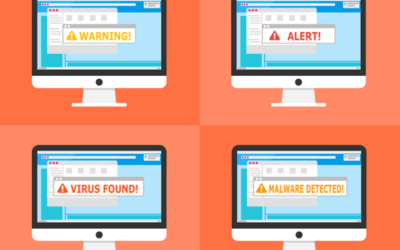
In today’s digital age, data is one of the most valuable assets a business can possess. Managing this data effectively throughout its lifecycle is crucial for maintaining security, compliance, and operational efficiency.
The Fundamentals of Data Lifecycle Management
Data lifecycle management (DLM) involves overseeing data from its creation through to its final disposal. This lifecycle comprises several key stages:
- Data creation
- Data storage
- Data use
- Data sharing
- Data archiving
- Data deletion
Each stage comes with its own set of challenges. Without proper management, data can become a liability rather than an asset, leading to security breaches, non-compliance with regulations, and increased costs.
Why Is Data Lifecycle Management Important?
Effective DLM is essential for several reasons:
Data Security: As data progresses through its lifecycle, it faces various threats. Implementing robust security measures at each stage protects against unauthorized access and data breaches.
Compliance: Adhering to data protection laws is crucial. Non-compliance can result in hefty fines and damage to your company’s reputation.
Operational Efficiency: Proper data management reduces storage costs, streamlines operations, and ensures that data is accessible when needed.
Addressing Data Lifecycle Management Challenges
Data Volume and Variety
Businesses are generating more data than ever before, ranging from structured databases to unstructured text and multimedia files. Managing this vast volume and variety of data requires scalable storage solutions and tailored handling methods for different data types.
Data Security and Privacy
Data is vulnerable throughout its lifecycle. Protecting it requires strong security measures, including encryption and access controls, as well as compliance with privacy regulations.
Data Quality and Integrity
Maintaining data quality is essential for accurate analysis and informed decision-making. Implementing data quality controls and preventing data corruption are critical steps in ensuring data integrity.
Data Retention and Deletion
Deciding how long to retain data and when to delete it is vital. Clear retention policies based on legal and business needs help manage this process, while secure deletion methods prevent unauthorized access to discarded data.
Data Accessibility and Availability
Ensuring that data is accessible to authorized users, even during disruptions, is another challenge. Balancing accessibility with security through access controls and having a disaster recovery plan are essential components of effective DLM.
Get Expert Help with Data Lifecycle Management
Managing the complexities of data lifecycle management is no small feat. Our team of experts at Wahaya It can help you implement effective solutions to enhance your data security and operational efficiency. Contact us today to learn more about how we can support your business’s data management needs.
Article used with permission from The Technology Press.

